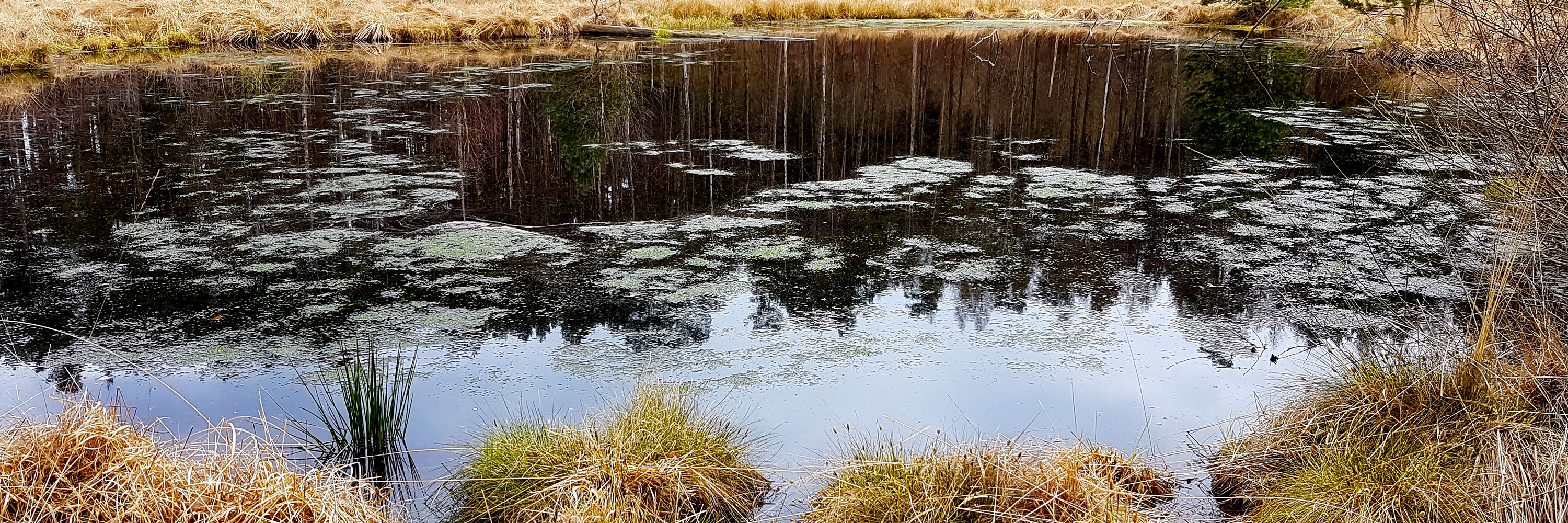
Why is conservation of aquatic fungi important?
Aquatic fungi play pivotal roles in freshwater and estuarine ecosystems, contributing to the health, function, and resilience of these ecosystems.
Aquatic fungi
provide us with important ecosystem services. For instance, aquatic fungi are
the dominant microbial decomposers of plant organic matter in streams and
littoral areas of lakes (regulating services), they play pivotal roles in
Carbon cycling, sequestration and greenhouse gas emissions (supporting
services) and are an underexplored source of metabolites (280 reported so far)
with potential for biotechnology and biomedical application (provisioning services).
These critical ecosystem functions and services, as well as Aquatic fungi contributions to ecosystem resilience in the face of ongoing global change, all depend on the taxonomic, phylogenetic and functional diversity of aquatic fungi and their conservation.
These critical ecosystem functions and services, as well as Aquatic fungi contributions to ecosystem resilience in the face of ongoing global change, all depend on the taxonomic, phylogenetic and functional diversity of aquatic fungi and their conservation.

The littoral of Lake Peetsch Stechlin, Germany, another typical habitat of aquatic fungi
Photo: H.-P. Grossart
Photo: H.-P. Grossart

Pure cultures of three aquatic fungi in a biodiversity experiment
Photo: Isabel Fernandes
Photo: Isabel Fernandes











